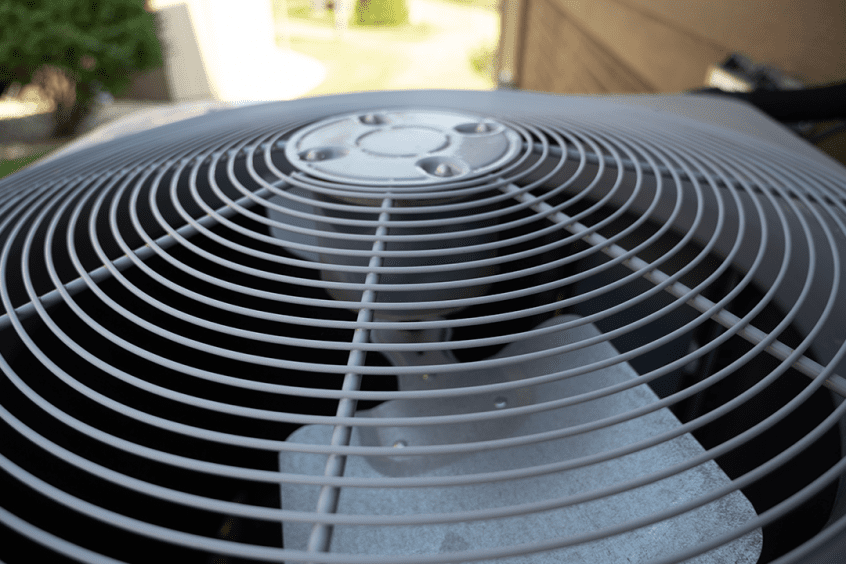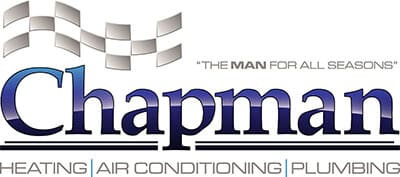What Do HVAC Energy Efficiency Ratings Mean?

We often put a lot of emphasis on purchasing heating and cooling equipment that is ‘energy-efficient’ – and why not? Who doesn’t want to save some of their hard-earned money by lowering their monthly energy bills?
But what does energy efficiency actually mean when it comes to HVAC systems? In our most recent blog, the technicians at Chapman shed some light on efficiency ratings so the next time you’re in the market for a new system, you’ll know the right questions to ask. For all of your heating and air conditioning needs in Indianapolis, contact Chapman today.
What Ratings Are Used to Measure a Cooling System’s Performance?
Energy-efficiency ratings play an important role in determining how much you will spend on a heating and cooling system and its operating costs. Seasonal energy efficiency ratio (SEER) and energy efficiency ratio (EER) are the two efficiency ratings used to measure a system’s performance. A unit with higher SEER and EER ratings will equal lower operating costs but will come with a higher price tag.
First, let’s dive a little deeper into these efficiency ratings.
SEER rating
If you’re in the market for a new air conditioning system, a SEER rating is one of the most important factors to consider before making a purchase. According to Energy.gov, a seasonal energy efficiency rating is a measure of how much cooling output your home’s central air conditioner puts out during an entire season in comparison to the energy it uses to do so.
When it comes to seasonal energy-efficiency ratio ratings, the higher the number, the more energy-efficient the cooling system is. A 10 SEER air conditioner won’t be as energy-efficient as a 13, 16, or 20 SEER unit, for example. An older model will have a lower SEER number, which will mean that you will end up paying more money each month on your energy bill. A newer model, on the other hand, will likely have a high SEER rating that will lower your home’s energy usage and save you money on your energy bill.
Air conditioners manufactured today have SEER ratings as low as 13 to as high as 24. To achieve ENERGY STAR status, your AC unit must have at least a 14.5 SEER. According to Energy.gov, upgrading from SEER 9 to 14, for example, can reduce your energy consumption by 35 percent. So if you were paying $100 a month in cooling costs, your bill would be reduced by $35.
It’s important to note that you’ll pay more upfront for a high-efficiency air conditioning unit, but you’ll recoup that money over time with the energy savings you’ll gain.
EER rating
An EER efficiency rating isn’t as commonly referred to because it applies only to room air conditioning units. Room air conditioners cool rooms rather than an entire home or business. Room air conditioners are less expensive to operate than central units but do not have nearly as much coverage.
An EER efficiency rating is a standardized measure of an air conditioner’s overall efficiency. The EER rating is calculated by dividing the BTU, or British Thermal Units, rating by wattage. The measurement is based on operating an AC when the temperature is 95 degrees Fahrenheit outside. The average EER rating is about 8.5 Anything above a 10 EER is considered efficient.
Choosing the right size room air conditioner is very important. A small unit running for an extended period of time operates more efficiently than a large unit that cycles on and off too frequently. Always consult with an HVAC system contractor before you make a purchase to get an expert opinion on the right unit for your needs.
How to Check Your Air Conditioner’s Energy Efficiency
If you want to find out what your air conditioner’s energy-efficient rating is, check your system’s user manual or the AC’s cabinet. If you have an older system with a lower SEER or EER rating, it could be a good time to upgrade to a newer, energy-efficient model.
When it comes to understanding HVAC energy efficiency ratings, things can get tricky. But understanding which energy efficiency rating applies to which air conditioning unit will greatly help when it comes time to purchase a new unit.
Contact Chapman for Your Home’s HVAC System Needs
If you still have questions about SEER ratings, EER ratings, or anything else regarding HVAC systems or equipment, make sure to ask the HVAC system technicians at Chapman. They will be able to provide the right answers and guide you in the right direction. When you’re ready to request an estimate for a new HVAC or air conditioning system or schedule an appointment, call Chapman at ​317-953-4806!





